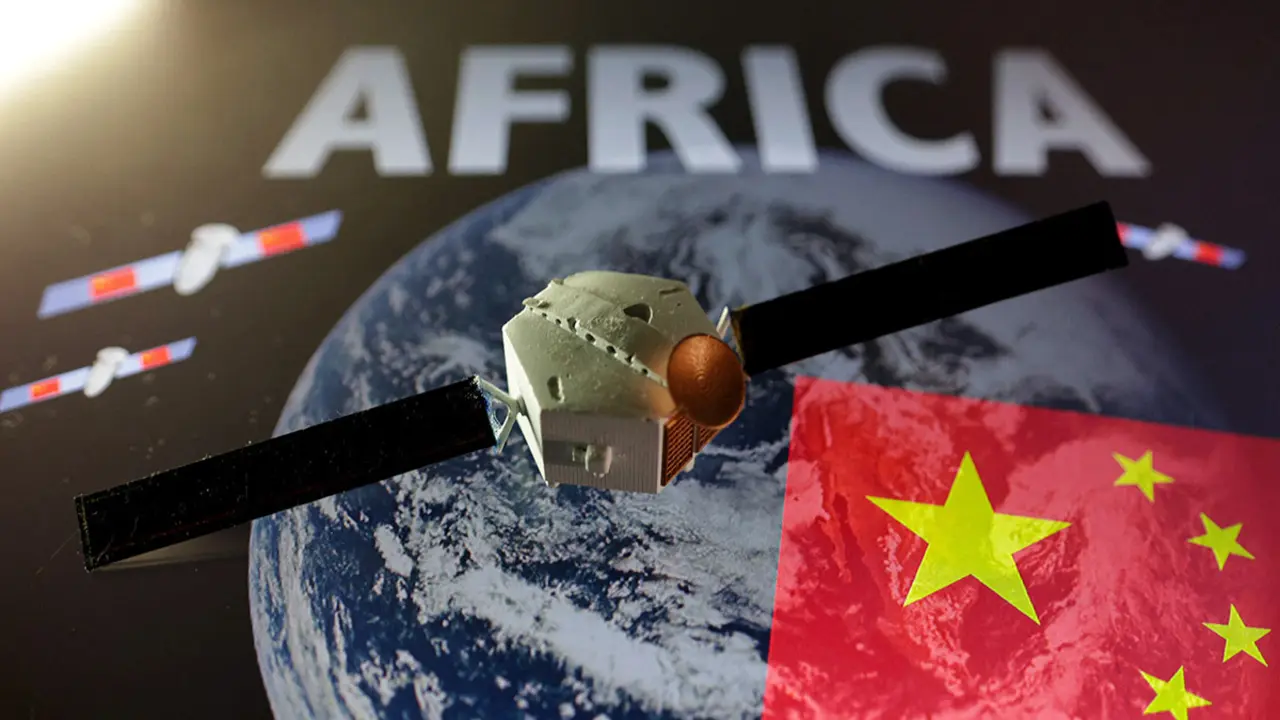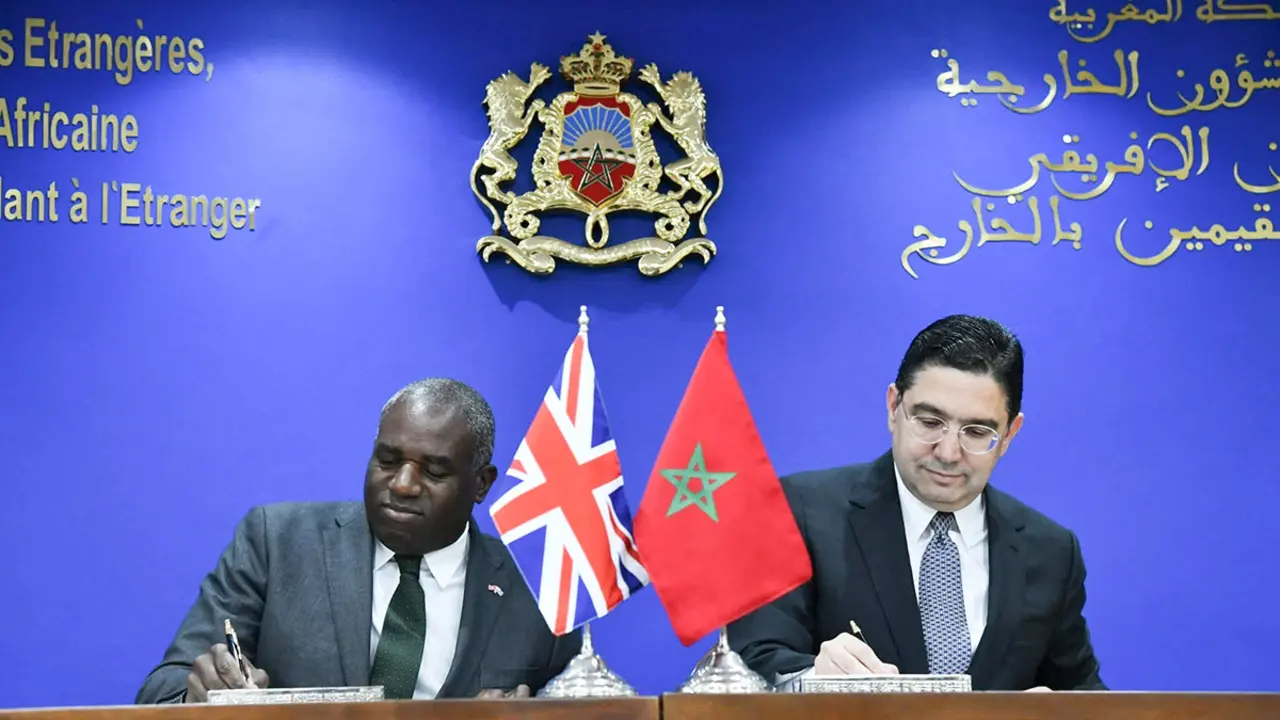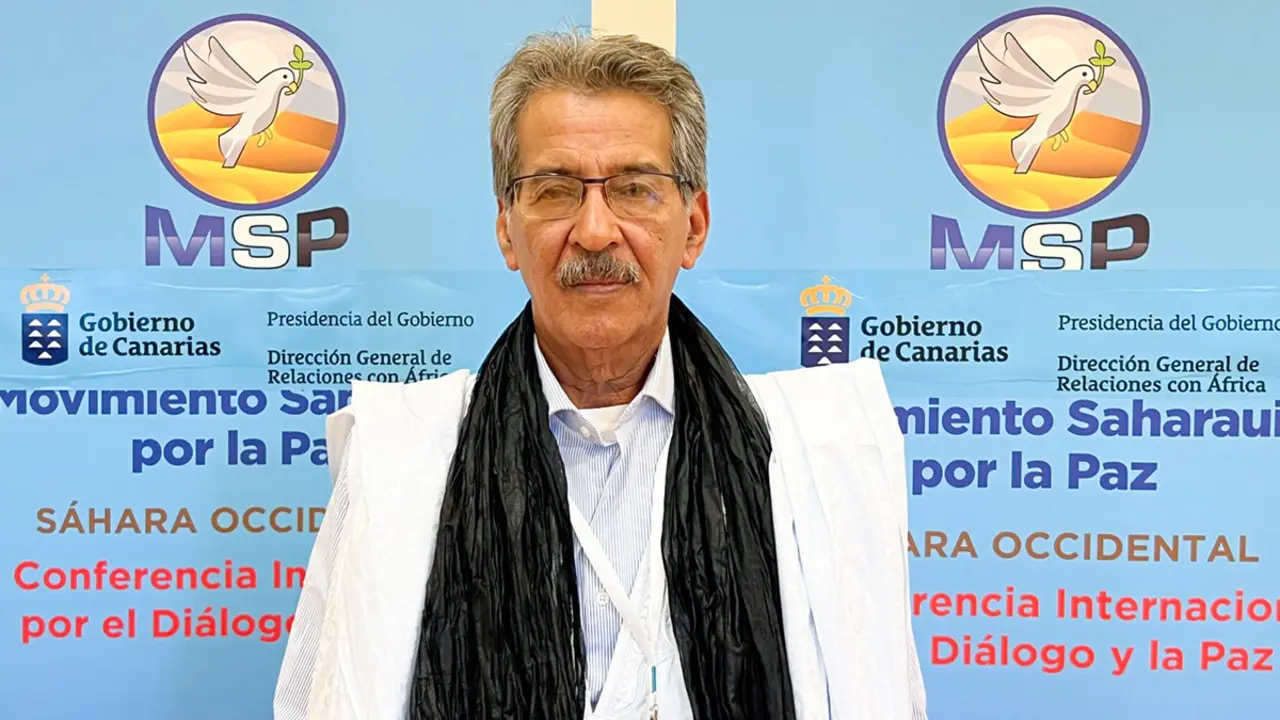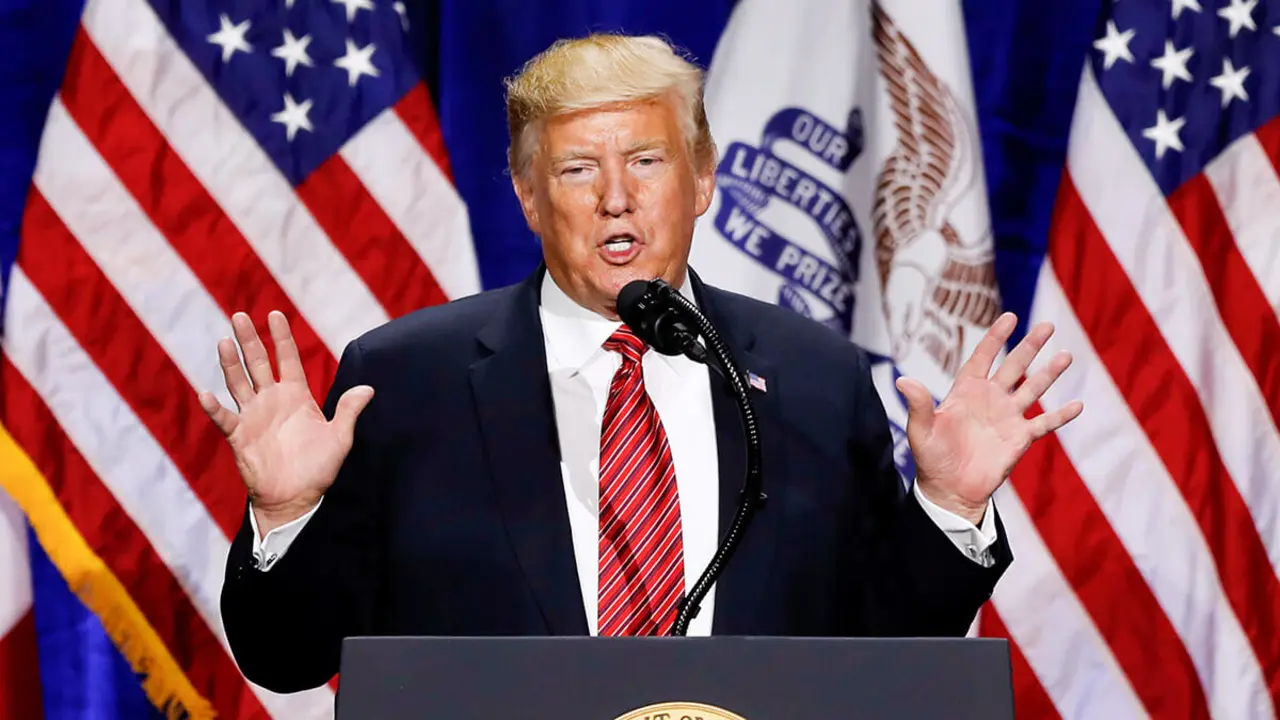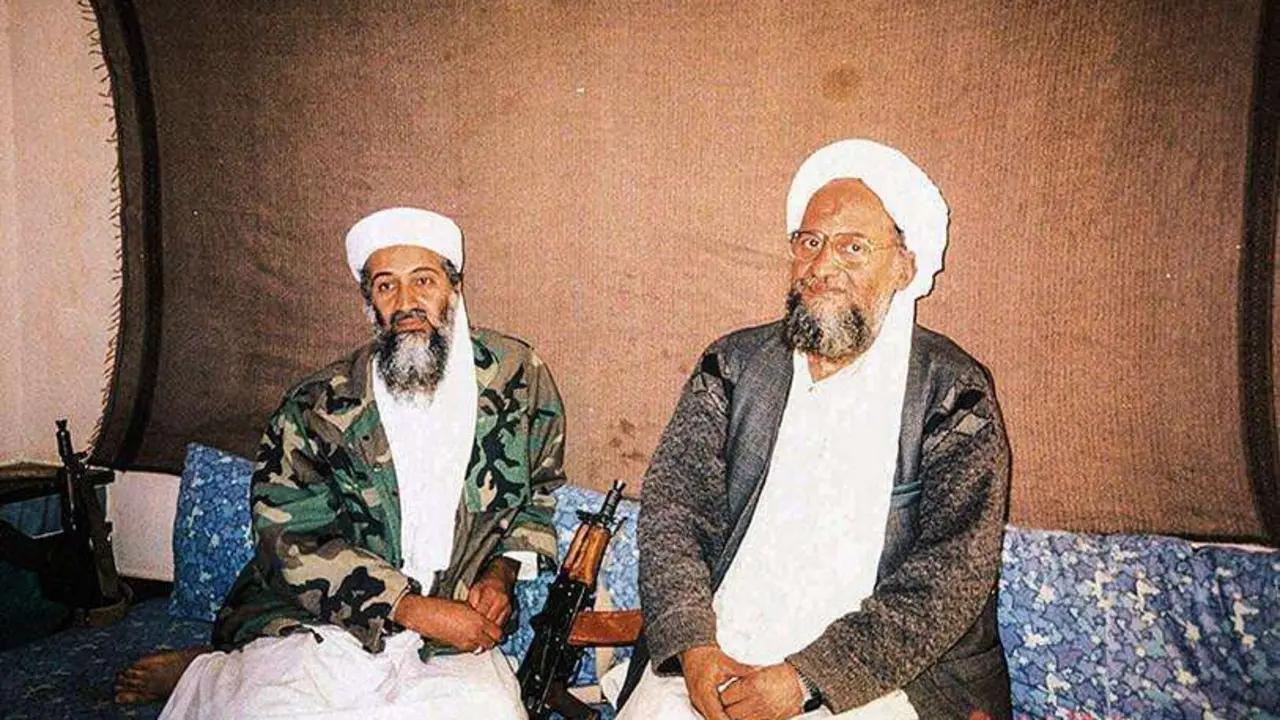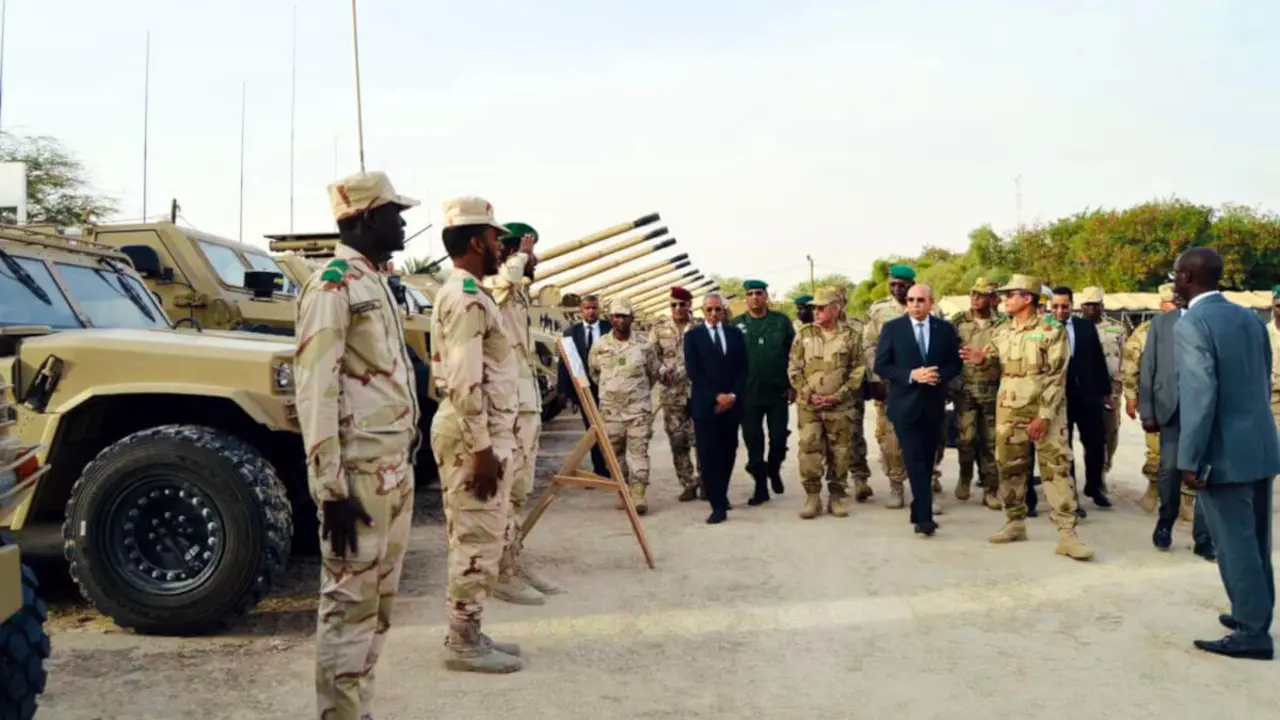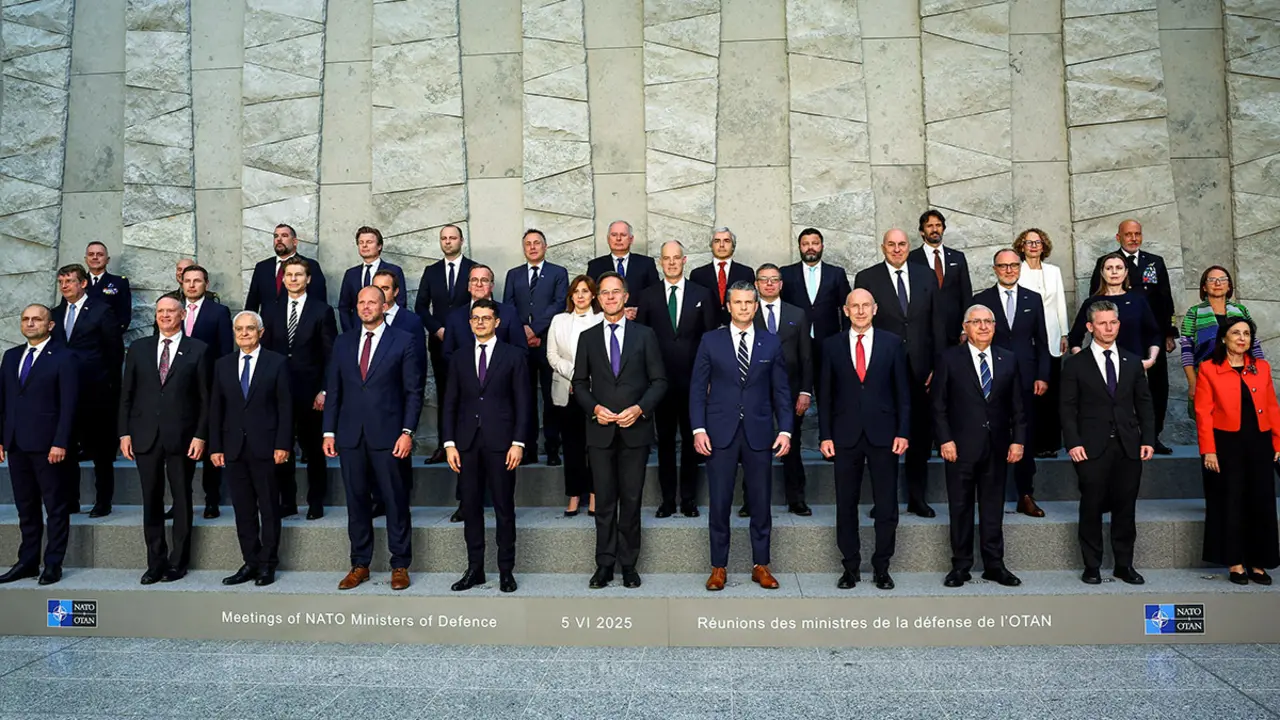World leaders gather at the World Economic Forum in Davos

As the COVID-19 pandemic continues to claim lives and disrupt economies, leaving millions of people unemployed and without resources, the Asian continent is making a strong comeback to the 2021 edition, which runs from Monday to Friday under the theme "A pivotal year for rebuilding trust".
A social crisis against a backdrop of pandemics, financial collapse, armed conflict and climate change: this is what worries the world's economic elite.
For the first time in 50 years, the World Economic Forum (WEF) will be held in Singapore next May instead of Switzerland, its organizers announced Monday, referring to the health situation, the former British colony seeming to be "the best place" to ensure the safety of its participants.
With the COVID-19 pandemic, the organizers of this event, which usually brings together the main political and economic decision-makers in the elegant ski resort of Davos, had already postponed the date, from May 13 to 16, and not in January as usual, but also its location, on the shores of Lake Lucerne.
In recent years, the Davos Forum has been joined by social leaders, environmentalists and cultural representatives, who have found in this platform a new space to make their messages heard.
The convening power of the Davos Forum is evident one more year in the list of political leaders who have agreed to address the world through this event. The President of China, Xi Jinping, will be the guest of honor to open the first virtual Davos Economic Forum, which will be held next week, on the same dates as the usual edition of this leaders' summit, the face-to-face version of which has been moved to Singapore in May.
Europe will be represented by French President Emmanuel Macron, German Chancellor Angela Merkel and European Commission President Ursula von der Leyen.
The new Biden administration has undertaken to bring the United States back into the global multilateral game and has chosen to be represented by its Special Envoy for Climate Change, John Kerry, who will detail President Joe Biden's plans in this area.
In this perspective, the President of Colombia, Iván Duque, and the Vice President of Brazil, Hamilton Mourao, will talk about the possibilities of financing the Amazon's transition to a sustainable economy, from which it is so far removed today. Other discussions will focus on the goal of zero emissions and clean energy.
Asia, the region where the SARS-CoV-2 coronavirus would be transmitted for the first time, will be, along with Europe, the region best represented at the Heads of State and Government level, with the Heads of Government of India, Japan and South Korea among the participants.
The "Great Reset" promoted by the Davos Forum since June 2020 is a sum of practices and reforms to be implemented at the global level to create a new economic, environmental and social pact in the face of the health crisis.
This project aims to create a better future world: "It is about making the world less divisive, less polluting, less destructive, more inclusive, more equitable and fairer than the world we lived in before the pandemic. To do nothing, or too little, is to go blindly towards ever-increasing social inequalities, economic imbalances, injustices and environmental degradation," explains the organization on its website.
The World Economic Forum's ambition is that the debates should produce recipes for an effective response to the economic crisis, without losing sight of the fact that the solutions proposed must be socially and environmentally sustainable.
The Davos Agenda will be followed by 1,200 leaders from business, civil society and high-level politicians, who have been offered this platform to present their vision of how to end the pandemic and accelerate economic recovery.

